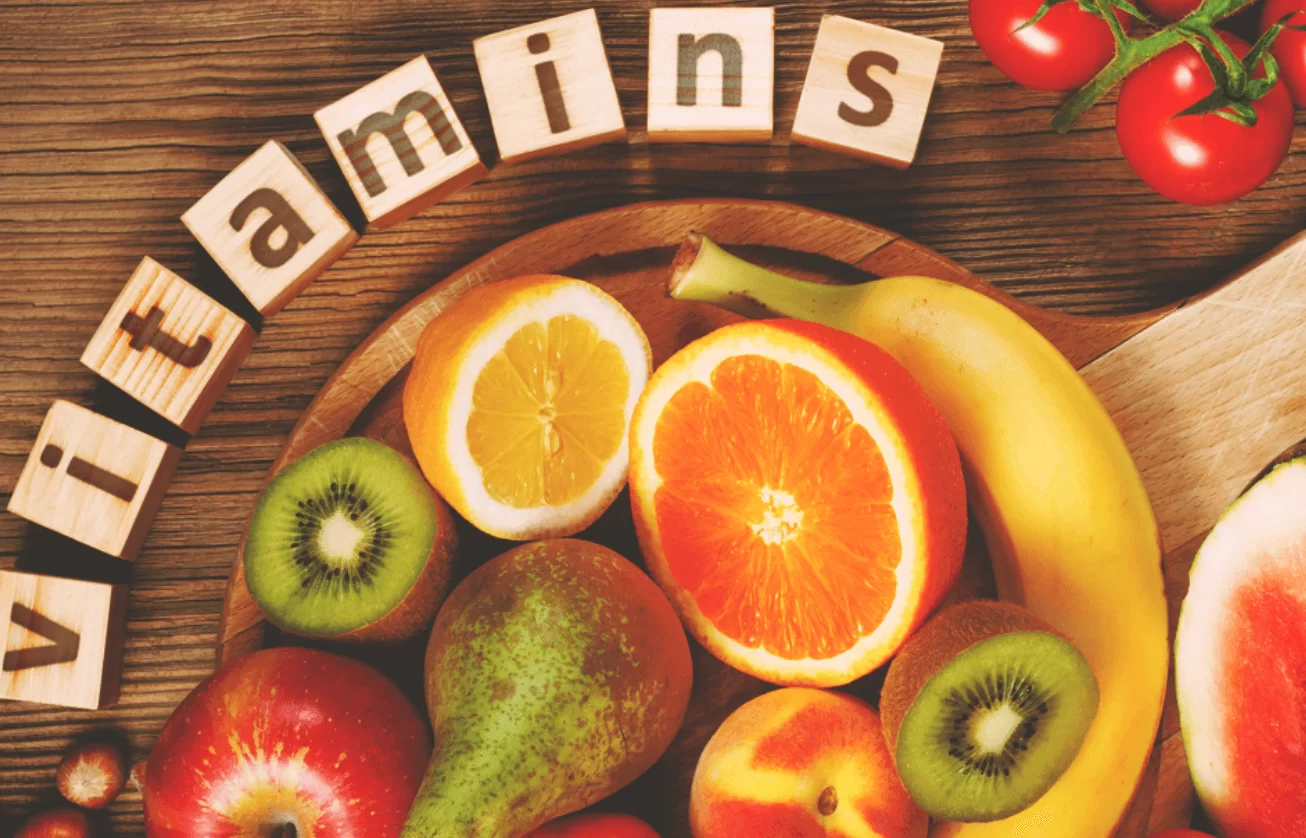
Anybody who is aware of additives will know that there are many (with long, confusing names) put into convenience foods; if you don’t make it your business to know about what they are and what the detriments are to your health, it’s likely that you could be poisoning yourself every day. MSG (Monosodium Glutamate) is a substance that more and more people are aware of, but knowing what it actually does inside the body takes research; the information is obscured for obvious reasons, so it is our duty to ourselves to uncover it for the sake of our health.
This additive is a silent killer; its power shouldn’t be underestimated. It is added to so many foods that it takes dedication to keep on top of it, and it goes by different names to make it even more difficult to spot.
Despite the fact that so many people have this dangerous product sitting inside their kitchen cupboards (often disguised inside other products), it has to be said that alcohol, nicotine and plenty of other drugs do not damage your body as much as monosodium glutamate. If you know about how damaging this additive is, and you were to go to your kitchen cupboards, you’d probably be shocked to find that MSG and its derivatives are in almost all of your processed food products. This means soups, crisps, noodles, gravy, sauces and stock… not only that but your salad dressings, plenty of refined oils… it pays to know your ingredients.
How and why is MSG put in our food?
You are probably asking yourself how it is possible that such a product could be legal if it is so harmful to humans. The clue as to whether is harmful lies within the many different names it is given. Why would it need to be given so many if it is a harmless product? Simply because it is easier to fool people; those that are looking may not be aware of the different chemical names it has been attributed with, so think that they’ve bought a product that doesn’t have it when this is not the case. The most commonly used name for it is monosodium glutamate but there is a wide range of others. Below are forms or derivatives of MSG that you can find listed on ingredient labels:
Natural Flavors/Flavoring, Corn oil, Caseinate, Citric Acid, Glutamic Acid Yeast Extract, Soy Protein or Soy Isolate, Carrageenan (found in almond and some nut milk), Stock, Broth, Natural Beef Or Chicken Flavoring, Hydrolyzed Vegetable Protein, TVP (Textured Vegetable Protein), Glutamate Textured Protein, Gelatin Yeast Nutrient, and Autolyzed Yeast.
MSG is famous for its presence in Chinese food, but that doesn’t mean that if you don’t eat Chinese takeaways you’re avoiding it. There are actually thousands of foods containing it, many of which are common household food items taken from supermarket shelves. This is especially true of processed, pre-packaged convenient foods and dishes served up in restaurants.
This really is one of the most harmful additives on the market and is used in frozen dinners, crackers, canned soups, processed meats, barbeque sauce, salad dressings, and much more. It’s found in your local supermarket and restaurants, in your child’s school cafeteria and, amazingly, even in baby food and infant formula.
The reason that food companies are so keen to get this nasty product into your food is that they know that it greatly enhances the flavour and smell (and therefore the appeal) of commercial foods. Without MSG, many of them would be bland and therefore unpopular. As usual, it’s all about profit – your health is not really a concern. No news there, but given the lengths these companies have gone to conceal it, MediMush would hazard a guess that it is not going to disappear from the food supply any time soon.
What damage does MSG really do?
MSG harms your brain. It is known as an excitotoxin. These are substances that often contain amino acids that negatively impact brain receptors (neurons), literally destroying your brain cells. This is possible because human beings do not have a blood-brain barrier in their hypothalamus; it means that the excitotoxins can permeate the brain tissues. There is a clue in the name: ‘excite’. We may like it when our emotions are excited but our brain cells destruct under these circumstances.
MSG finds its way past the blood-brain barrier, triggering the neurons so that they open the calcium channel. The glutamate ensures that the cell is held open, and an excessive amount of calcium is then able to pour into the cell. The cells are then in ‘emergency mode’; they must start to pump out this calcium. This in turn takes a great deal of energy, and the cells begin to swell because of the calcium overload. This, combined with the exhaustion of trying to flush out the calcium, equals a fast death for many of the cells. This process is explained fully in the book by Dr. Russell Blaylock: “Excitotoxins: The Taste That Kills.”
In order to study the effects of MSG on the body, scientists conducted a series of tests on animals, consisting of first encouraging obesity in rats and mice, followed by injecting MSG into them. It increases insulin production threefold, which results in obesity. What’s more, it causes a lesion in the hypothalamus; this results in negative developments (as well as obesity and brain cell death) such as stunted growth, and reproductive issues. Other side effects resulting from MSG consumption have been known to include heart problems, nausea and vomiting, as well as serious headaches or migraines, and anxiety disorders like depression.
What can you do to avoid it?
MediMush are a major advocate of a healthy diet, so we can advise you on a couple of very simple solutions for avoiding MSG. Firstly, check the ingredients against the list we mentioned above. Secondly (and this one maybe even more obvious), replace the processed, synthetic foods from your diet with whole, natural foods. The fewer additives are in your food the better it is for you, full stop. It may seem convenient to throw a microwave meal in the oven, but it will be a whole lot more inconvenient when the medical bills start to add up a few years from now.
It is far better to prevent the disease from setting in by understanding your body, keeping it in balance, giving it naturally, chemical-free foods and supporting it with natural, bioavailable products and superfoods. You will soon find that your taste buds will readjust and you’ll prefer natural foods; chemicals will become a lot more obvious to you and ultimately unfulfilling.
If you’re there already, great! MediMush congratulates you on your healthy dietary choices. If not, we’re here to help.
Try detoxing your colon by adding pH drops to your water




 The Cancer Causing Chemicals You Need to Avoid
The Cancer Causing Chemicals You Need to Avoid
 Does ADHD Exist or a Convenient Diagnosis?
Does ADHD Exist or a Convenient Diagnosis?

.png)











